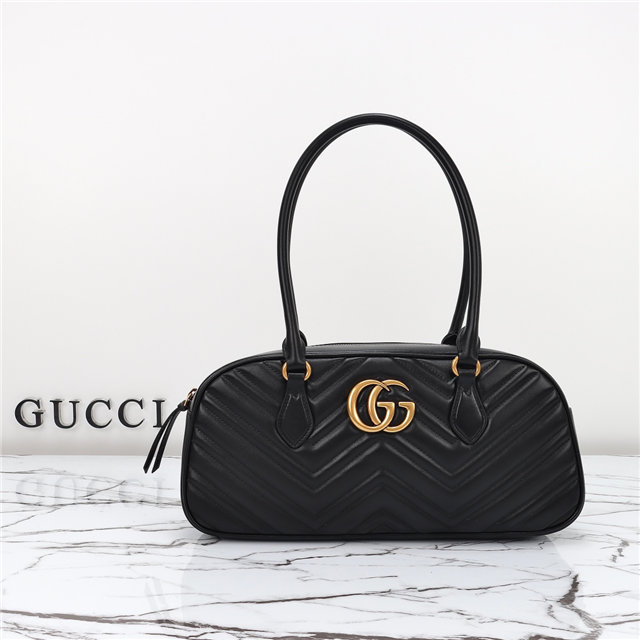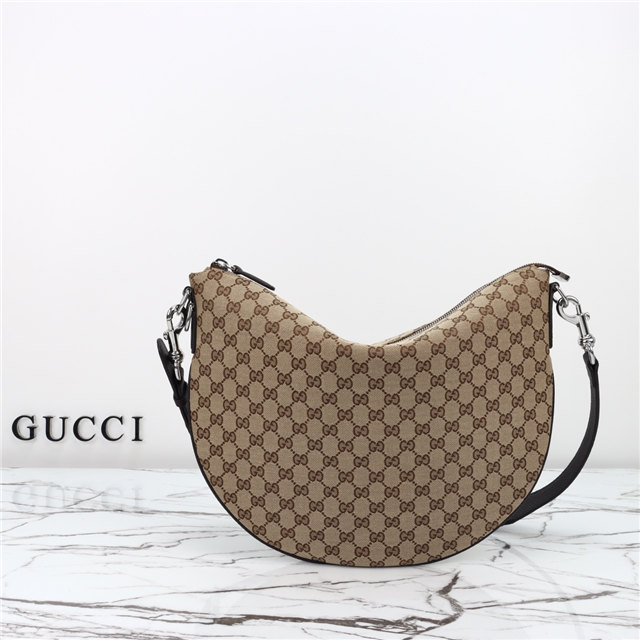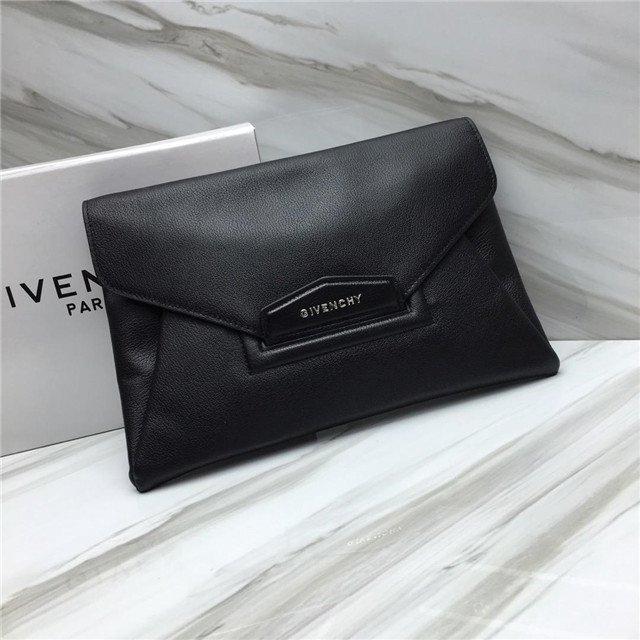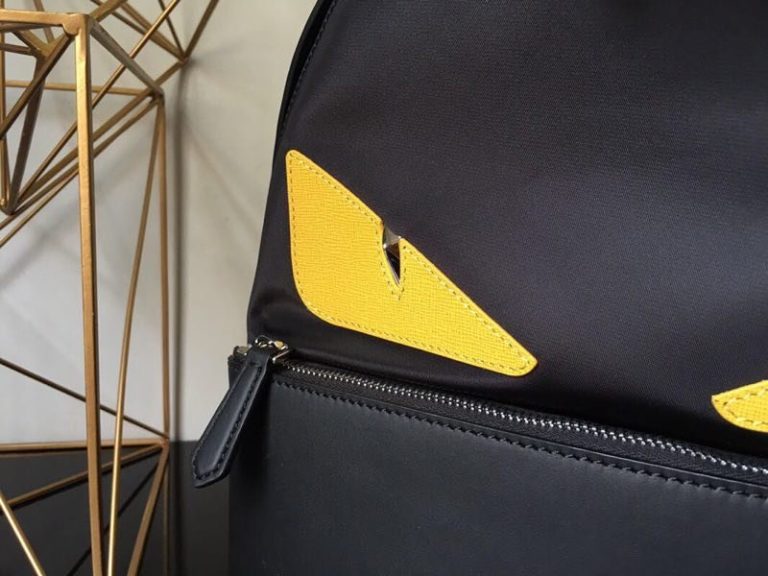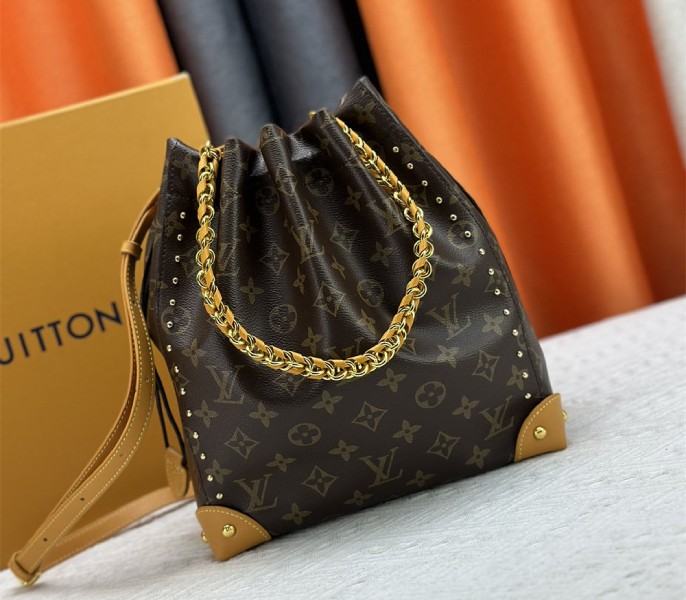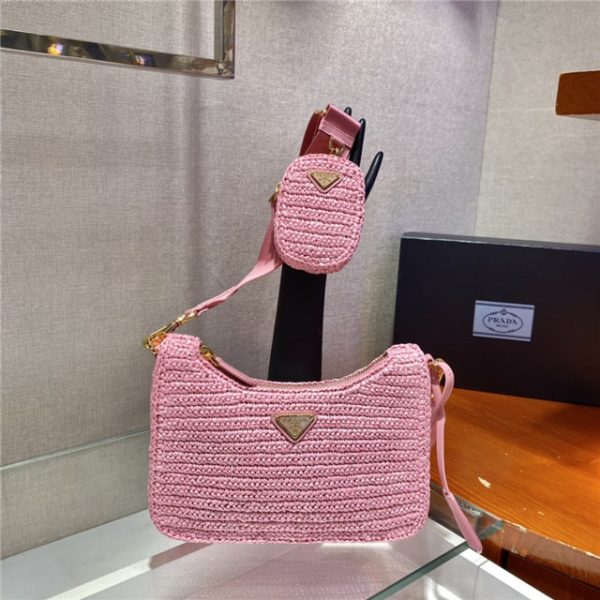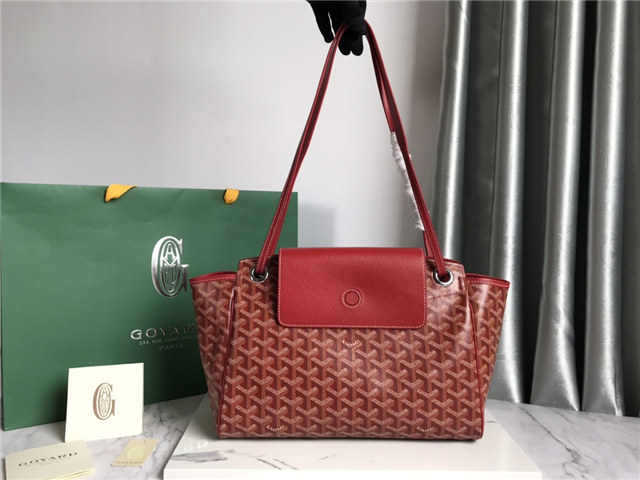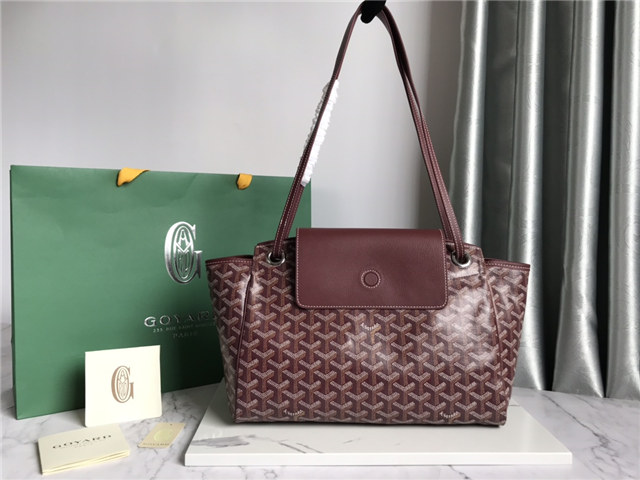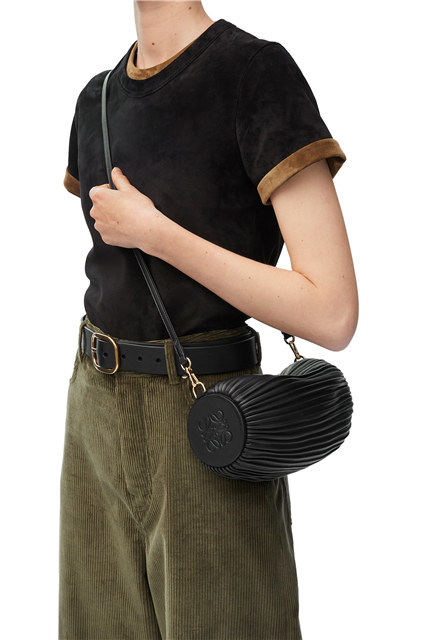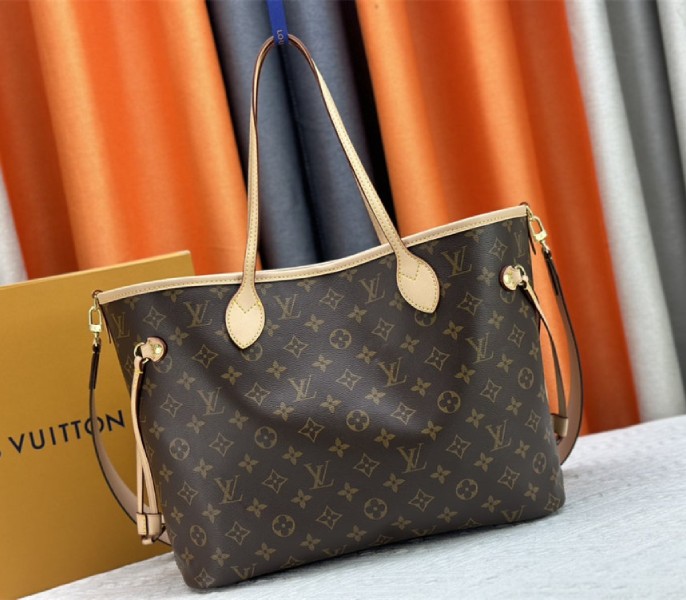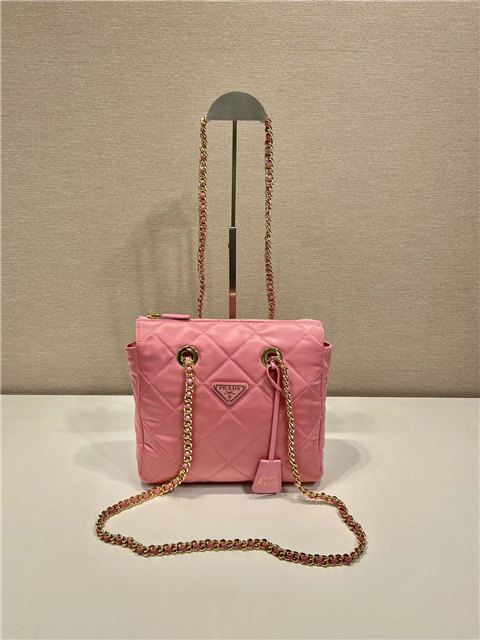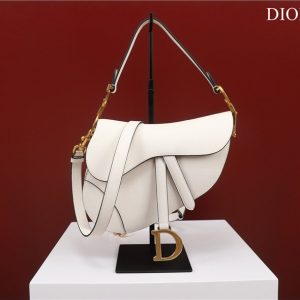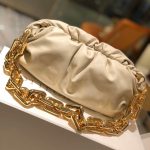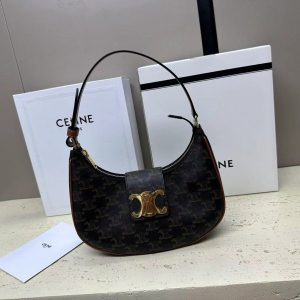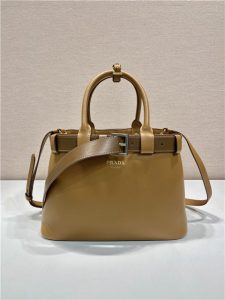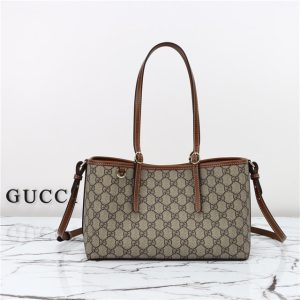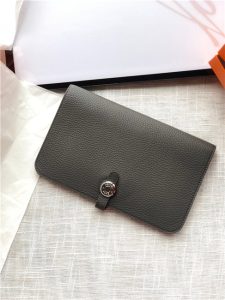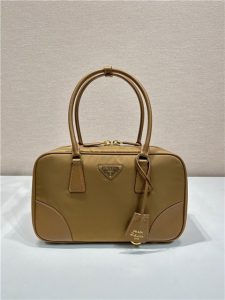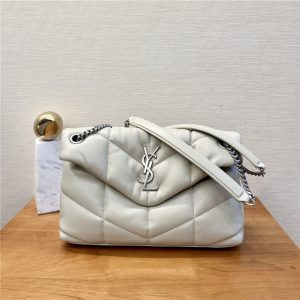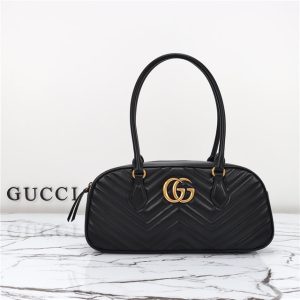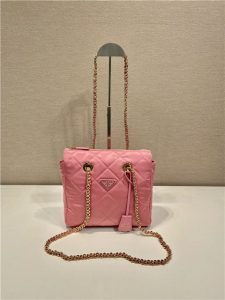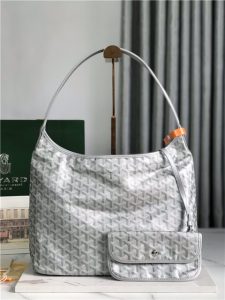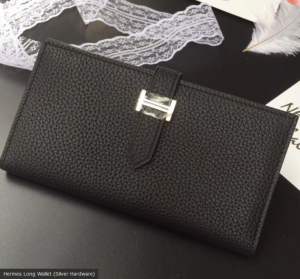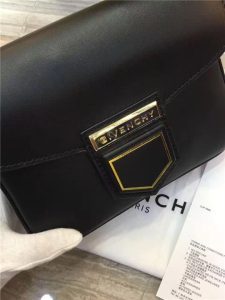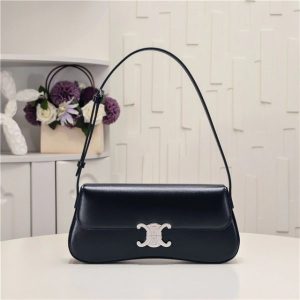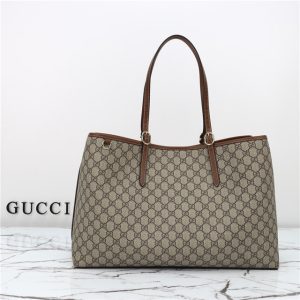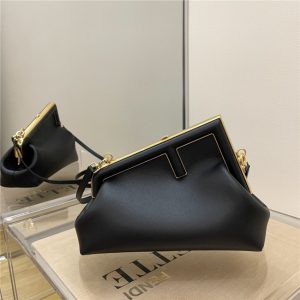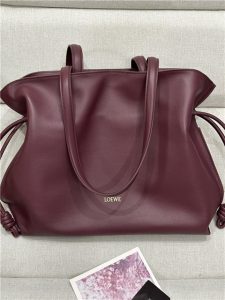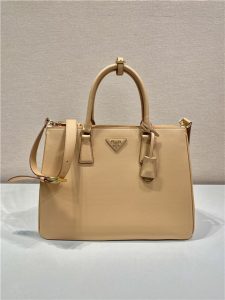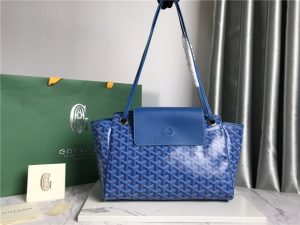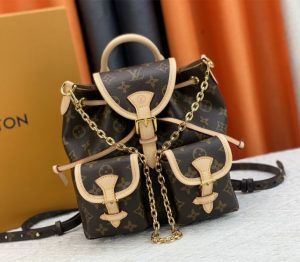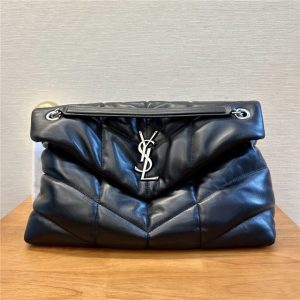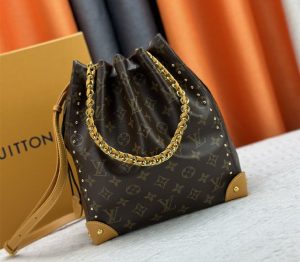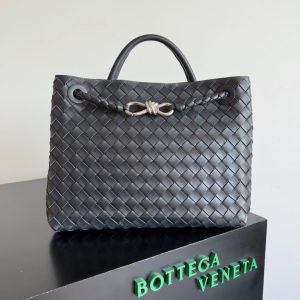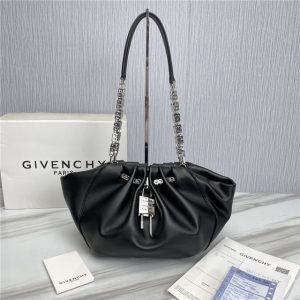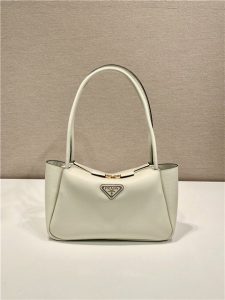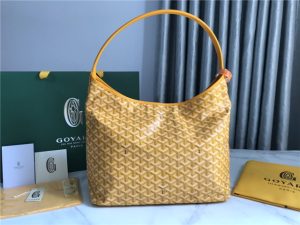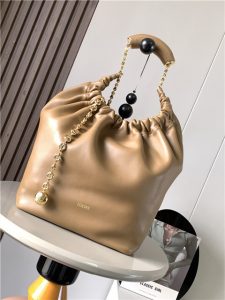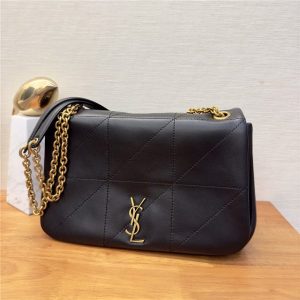The short answer? It’s complicated, dude. Can a watch shop sell fakes? Yeah, *technically*. Is it likely in a reputable, established brick-and-mortar store? Probably not. But “probably” ain’t a guarantee, right?
See, the fake watch game is seriously leveling up. We’re not talking about those obvious Chinatown knockoffs anymore. These days, the fakes can be *scarily* good. The article I saw even mentions how the fake watch biz is getting better at imitating the real thing. Like, how are they *doing* that?! It’s kinda impressive, in a totally ethically bankrupt way.
And that’s where things get sticky. A lot of times, online sellers are pulling a fast one. They nab images from legit sites, slap on a ridiculously low price, and boom – instant trap for the unwary. If a deal looks too good to be true, it probably *is*. Seriously, trust your gut.
Now, legitimate watch shops *should* be sourcing their watches from authorized dealers or reputable sources. But mistakes can happen, or, you know, *shady* things can happen. It’s not common (I hope!), but always be on your guard. Especially with smaller, lesser-known shops.
One thing I always do (and you should too!) is check the price. A Rolex for $500? C’mon. That’s a flashing neon sign screaming “FAKE!” Also, scope out the seller’s reputation. Do they have good reviews? Are they an authorized dealer? Do your homework!
And don’t just rely on your eyes! Check the serial number. A real watch has one, and you can usually verify it with the manufacturer. Also, scrutinize the details. Are the engravings crisp and clean? Does the movement look right? (Okay, maybe you need to be a watch nerd for that last one, but still!).
I even read something about someone finding a fake dealer on Etsy! Etsy! Like, you’d think it’d be a safe space for handmade crafts and vintage trinkets, not counterfeit luxury goods. Makes you wonder about everything, doesn’t it?

